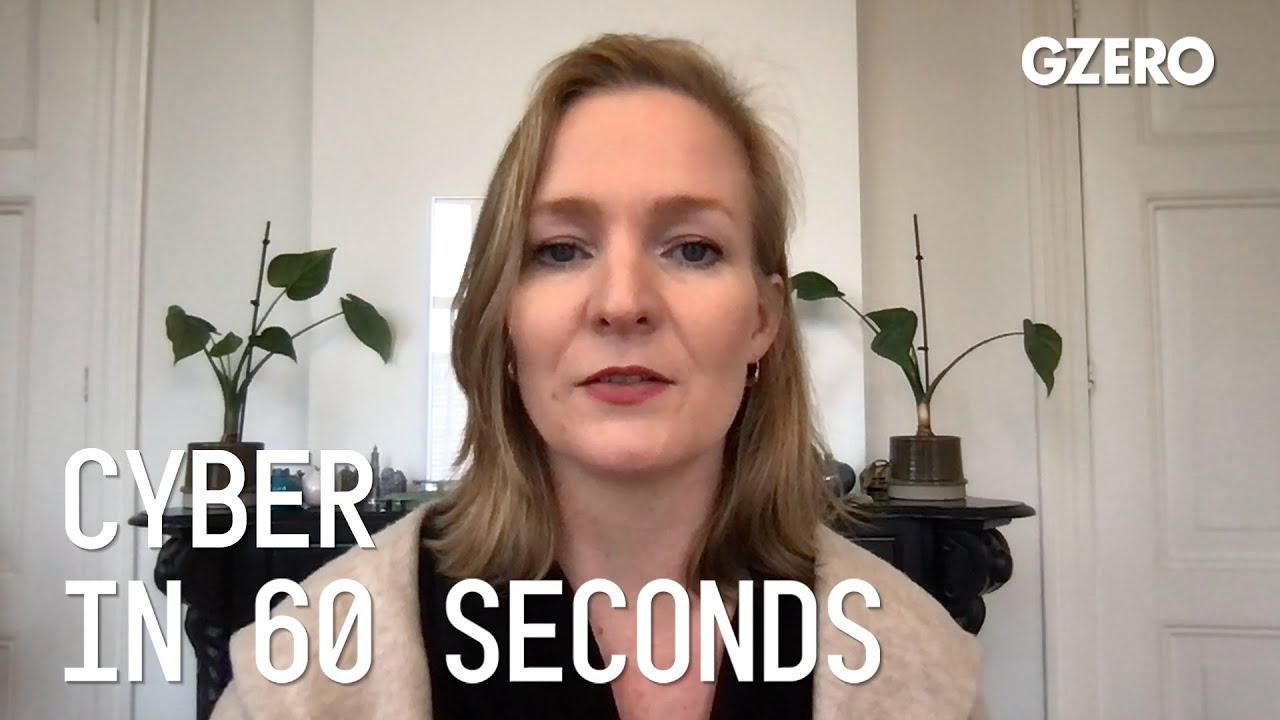Cyber in 60 Seconds
EU's proposed DSA and DMA laws would broadly regulate digital economy

The EU's Adoption of New DSA and DMA Proposals Indicate Prioritization | Cyber In :60 | GZERO Media

Marietje Schaake, International Policy Director at Stanford's Cyber Policy Center, Eurasia Group senior advisor and former MEP, discusses trends in big tech, privacy protection and cyberspace:
What are the DSA and the DMA?
Well, the twin legislative initiatives of the Digital Services Act and the Digital Markets Act are the European Union's answer to the challenges of content moderation online and that of the significant role of major market players, also known as gatekeepers in the digital markets. And the intention is to foster both more competition and responsible behavior by tech companies. So the new rules would apply broadly to search engines, social media platforms, but also retail platforms and app stores.
Are these laws on the books yet?
Well, not quite yet. And I think this is where there might be some confusion. The news this week was that the rapid agreement among the ministers of member states was significant, and the European Commission had already presented its position. So now the three-way negotiations with them and the European parliament are next before the laws can be finalized and then have to be implemented across the EU. But the rapid adoption by ministers does show that updating laws for the digital economy is a key priority for European leaders.
Xi Jinping has spent three years gutting his own military leadership. Five of the seven members of the Central Military Commission – China's supreme military authority – have been purged since 2023, all of whom were handpicked by Xi himself back in 2022.
In this episode of GZERO Europe, Carl Bildt examines how an eventful week in Davos further strained transatlantic relations and reignited tensions over Greenland.
In this episode of "ask ian," Ian Bremmer breaks down the growing rift between the US and Canada, calling it “permanent damage” to one of the world’s closest alliances.
For China, hitting its annual growth target is as much a political victory as an economic one. It is proof that Beijing can weather slowing global demand, a slumping housing sector, and mounting pressure from Washington.